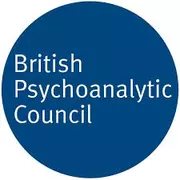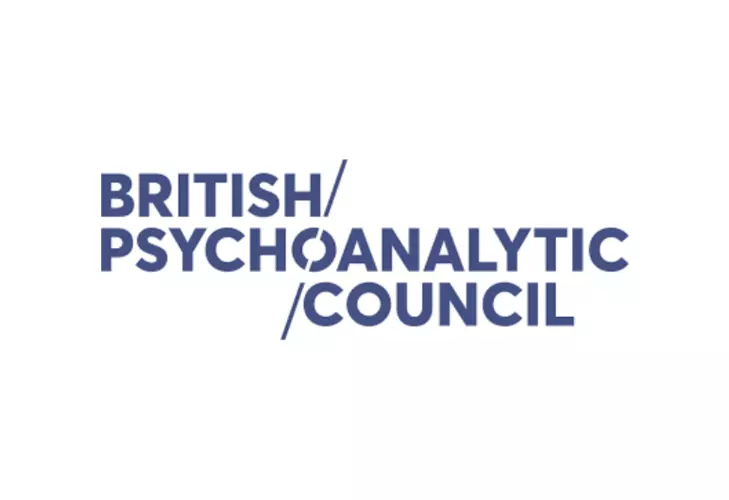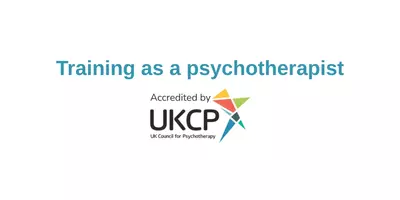
9 Jun 2025 ● British Psychoanalytic Council
Accredited training with the British Psychoanalytic Council
What is psychoanalytic therapy?
Psychoanalytic therapy can bring about lasting change. It can help us understand ourselves and get to the heart of what we might be struggling with in our lives.
Psychoanalytic psychotherapy is a form of talking therapy that is built around conversations with a listener (the psychoanalyst or therapist) who is trained to listen to what might be occurring within your mind on a deeper level. In this way thoughts and feelings can be aired so that you develop a deeper understanding of yourself, your conflicts, fears and anxieties. Having a better understanding of what lies deeper in your unconscious mind can help reduce suffering, enable emotional growth and lead to a more fulfilling life.
Interested in a fulfilling career in psychoanalysis? Learn more about the accredited training courses offered by the British Psychoanalytic Council (BPC) below.
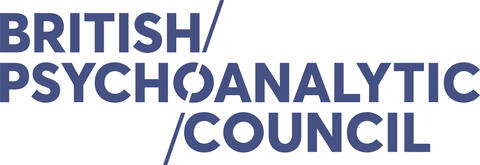
BPC accredited training
BPC Member Institutions and training organisations offer a variety of high quality accredited trainings.
All trainings meet their high standards and consist of academic teaching, clinical work and personal psychoanalysis or psychoanalytic psychotherapy. They are usually a total of four years, are based on psychoanalytic theory and include supervised practice and extensive personal psychoanalysis or psychoanalytic psychotherapy.
Working with Adults
Forensic Psychodynamic Psychotherapy
Once qualified, those who have undertaken a training in forensic psychodynamic psychotherapy and hold membership with the relevant Member Institution, will be eligible to register with the BPC as a forensic psychodynamic psychotherapist.
Forensic psychodynamic psychotherapists are trained to work in the psychodynamic treatment of both perpetrators of criminal acts and victims of criminal acts.
Jungian Analysis
Once qualified, those who have undertaken a training in Jungian analysis and hold membership with the relevant Member Institution, will be eligible to register with the BPC as a Jungian analyst.
Jungian analysts are trained to work with their patient at least three times a week, usually with the patient on a couch. The work is about making conscious the unconscious and uses the patient-therapist relationship as a way to work through issues of everyday life. The theory base emphasises the work of Carl Jung.
Jungian Analytic Psychotherapy
Once qualified, those who have undertaken a training in Jungian analysis and hold membership with the relevant Member Institution, will be eligible to register with the BPC as a Jungian analytic psychotherapist.
Jungian analytic psychotherapists are trained to work with their patient three times a week, usually with the patient on a couch. The work is about making conscious the unconscious and uses the patient-therapist relationship as a way to work through issues of everyday life. The theory base emphasises the work of Carl Jung.
Psychoanalysis
Once qualified, those who have undertaken a training in psychoanalysis and hold membership with the relevant Member Institution, will be eligible to register with the BPC as a psychoanalyst.
Psychoanalysts are trained to work with their patient four or five times a week, usually with the patient on a couch. The work is about making conscious the unconscious and uses the patient-therapist relationship as a way to work through issues of everyday life.
Psychoanalytic Psychotherapy
Once qualified, those who have undertaken a training in psychoanalytic psychotherapy and hold membership with the relevant Member Institution, will be eligible to register with the BPC as a psychoanalytic psychotherapist.
Psychoanalytic psychotherapists are trained to work generally up to 3 times a week, usually with the patient on the couch. The work is about making conscious the unconscious and often uses the patient-therapist relationship to work through issues of everyday life.
Psychodynamic Counselling
Once qualified, those who have undertaken a training in psychodynamic counselling and hold membership with the relevant Member Institution, will be eligible to register with the BPC as a psychodynamic counsellor.
Psychodynamic counsellors are trained to work once weekly, generally with the client sitting on a chair. There may be more of an emphasis on everyday life and outside experiences, but links to the unconscious are made.
Please be aware that completion of some of these trainings does not automatically lead to registration with the BPC, and extra steps may be required. It is important to be clear about this at the start to ensure, for example, that your own training therapist meets BPC standards, as these are higher than the trainings themselves specify.
Psychodynamic Psychotherapy
Once qualified, those who have undertaken a training in psychodynamic psychotherapy and hold membership with the relevant Member Institution, will be eligible to register with the BPC as a psychodynamic psychotherapist.
Psychodynamic psychotherapists are trained to work once or twice weekly, generally with the patient sitting in a chair. The work is about making conscious the unconscious and uses the patient-therapist relationship as the focus. There may be more of an emphasis on everyday life and outside experiences.
Working with Children
Psychodynamic Counselling with Children
Once qualified, those who have undertaken a training in psychodynamic counselling with children and hold membership with the relevant Member Institution, will be eligible to register with the BPC as a psychodynamic counsellor working with children.
Psychodynamic counsellors are trained to work once weekly with children and young people. There may be more of an emphasis on everyday life and outside experiences, but links to the unconscious are made.
Psychodynamic Psychotherapy with Children
Once qualified, those who have undertaken a training in psychodynamic psychotherapy and hold membership with the relevant Member Institution, will be eligible to register with the BPC as a child psychodynamic psychotherapist.
Child psychodynamic psychotherapists are trained to work with children and young people and families. The work is about making conscious the unconscious and uses the patient-therapist relationship as the focus. There may be more of an emphasis on everyday life and outside experiences.
Working with Couples
Psychoanalytic Psychotherapy with Couples
Once qualified, those who have undertaken a training in couple psychoanalytic psychotherapy and hold membership with the relevant Member Institution, will be eligible to register with the BPC as a couple psychoanalytic psychotherapist.
The work is about making conscious the unconscious and often uses the couple-therapist relationship as the focus.
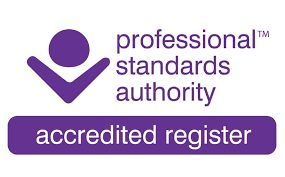
Summary
Studying with the BPC offers rigorous, high-quality training rooted in psychoanalytic and psychodynamic theory, while also providing access to a respected professional community.
Joining their PSA accredited register further enhances your credibility, showing clients and employers that you meet nationally recognised standards of competence, ethics, and safety.
It also increases your visibility, supports employability - particularly within the NHS - and demonstrates your commitment to professional accountability and excellence in practice.
